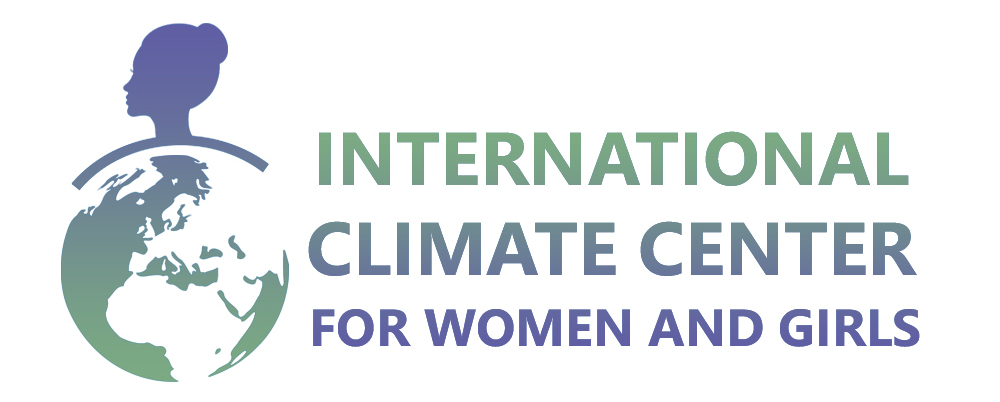Click below to explore the key thematic areas of ICCWG’s work on climate change:
In order to maximize impact and effectively address the climate problem, the ICCWG is persuaded that advocating for policy reforms at several levels—sub-national, national, regional, and global—is imperative. Our advocacy work focuses on keeping global warming to 1.5°C by rapidly cutting emissions, as well as preparing for and responding to the effects of climate change after they occur. As a result, ICCWG has spent many years using focused advocacy to lobby governments and decision-makers.
ICCWG seeks to enhance food and nutrition security for producers, laborers, and consumers by fortifying small-scale agricultural systems that are robust to climate change and sustainable. The goal of the ICCWG is to create food and agriculture systems that are resilient, equitable, productive, and profitable. The ICCWG's work in small-scale agriculture in a changing climate is guided by a set of principles which also lays out the results that agriculture and food systems need to produce in order to benefit small-scale food producers.
The adaptation strategy of ICCWG is centered on carrying out focused community-based adaptation projects and incorporating climate change adaptation into its activities in sectors that are sensitive to climate change. Millions of impoverished and marginalized individuals who face the possibility of losing their lives and means of subsistence due to climate change depend on adaptation to survive.
Every livelihood has a gender dimension specific to its culture and context. Various ICCWG initiatives support local practitioners and decision-makers to address the impacts of climate change on communities in ways that are more responsive to gender dynamics. ICCWG's experience shows that responding to climate change, while ambitiously tackling gender issues, can also benefit men and women in complementary roles. Involving both men and women equally in decision-making processes results in more sustainable climate action.
Extreme events are occurring more frequently and with greater intensity due to climate change, necessitating more humanitarian aid. There were more climate-related disasters in 2019 than ever before, accounting for 70% of the 33.4 million newly displaced people. Additionally, the dynamics of smaller-scale communal violence are impacted by climate change, which can intensify already-existing larger-scale conflicts.
Join ICCWG
Support ICCWG
Work With Us
SUPPORT ICCWG
Donating once or on a regular basis will support our work globally and numerous campaigns and actions in communities across the globe, helping us to increase our influence in the climate movement.
REMAIN UPDATED
Join our mailing list to receive updates on the most recent developments in the climate movement, including news stories, opinion pieces, and content from all around the network and forthcoming events.
